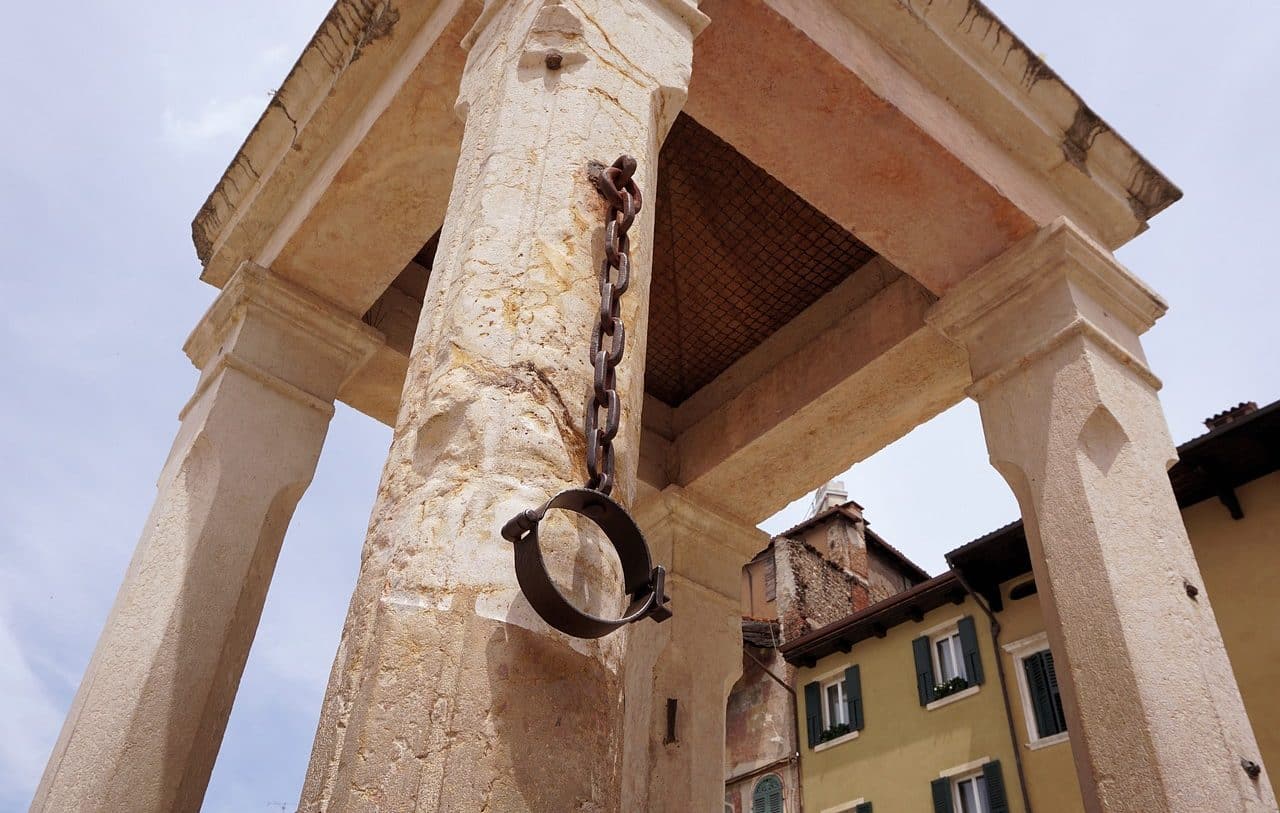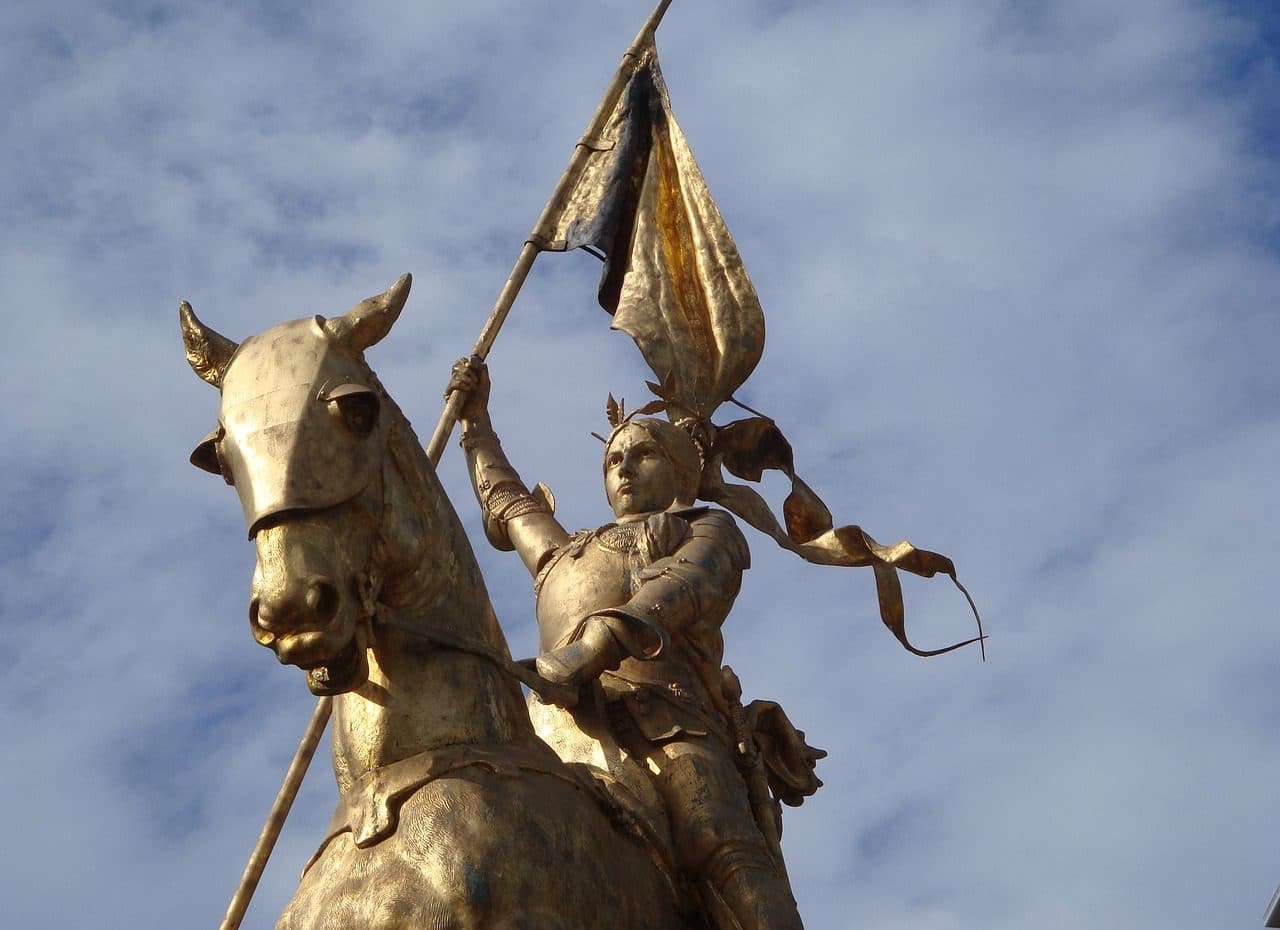
The Inquisition was a process promoted by the Catholic Church to persecute heresy.
Inquisition is a term from the Latin inquisitio that refers to the action and effect of inquiring . This verb refers to carefully investigating, examining or finding out something .
For example: "The commissioner proceeded with the inquisition of the suspects to try to determine who was guilty of the crime" , "The inquisition lasted several hours, although the judge could not obtain conclusive data."
The Catholic Inquisition
The notion of Inquisition (written with an initial capital letter), however, is usually associated with the persecution of heresy carried out by the Catholic Church in ancient times. The Inquisition, therefore, is understood as the set of institutions and practices that sought to put an end to witchcraft and everything that was opposed to the Catholic religion .
It should be noted that various religions have had their own Inquisition (the Protestants, to cite one case, acted against the Catholics). The most common use of the concept, however, is linked to Catholicism in the Middle Ages (the medieval Inquisition ) and the Spanish religious policy established in 1478 .
The medieval Inquisition was established by Pope Lucius III in 1184 . A bull ordered bishops to be in charge of eliminating heresy, being able to judge and condemn those they considered heretics.
The Spanish Inquisition , for its part, had the particularity of depending directly on the monarchy . It was implemented in all the Spanish kingdoms and in the American colonies.
The various practices of the Inquisition included torture , public humiliation and even the burning at the stake of the condemned, who could even become scientists who contradicted, with their work, some biblical postulates.

Joan of Arc was a victim of the Inquisition.
Origins and advancement
It is correct to say that the Inquisition grew gradually and adapted to the various events in European history throughout the Middle Ages and the Renaissance , which is why it is possible to distinguish the episcopal, pontifical and Spanish Inquisitions.
When the princes and kings of the northern tribes who had invaded the Roman Empire were converted to Christianity, they ended their attacks. The papacy, stronger than ever, began to firmly influence the various Christian kingdoms and defined what we still know today as orthodoxy.
After this orthodoxy was established (with dogmas such as the Holy Trinity, the concept of Salvation and the virginity of Mary) it was not long before deviations occurred, and this led to the Episcopal Inquisition : the bishop of Each diocese studied and verified each action to verify whether it was a crime against religion, and then ordered the corresponding punishment, which could be imposed prayers, fasts or mandatory attendance at the church, among other possibilities.
The Inquisition and the Crusades
In 1095, Pope Urban II spread the need to carry out a crusade to recover the Holy Land , which at that time was in the hands of Islam; To this end, he declared that volunteering would replace any type of penance and would grant the absolute remission of sin.
After this crusade, a marked stage of heresy began, and the Church ordered a series of Inquisitions, which had different results. Although the sentences could be as bloody as burning on a pyre until death, the papal Inquisition also forgave those who enjoyed an important social position in exchange for money or certain favors.
The Spanish Inquisition was an institution founded by Catholic kings in 1478 with the purpose of preserving Catholic orthodoxy in their territories. It was subject to the orders of the monarchy and lasted more than three centuries, until it was finally abolished in 1834 , a time when Elizabeth II reigned.
